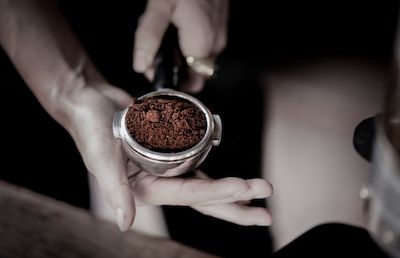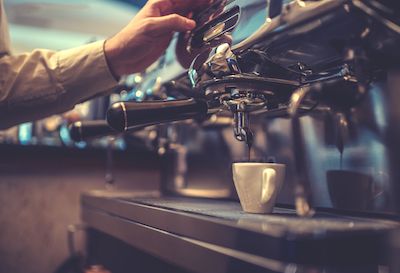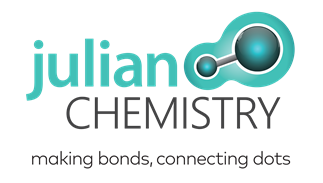The Chemistry of Coffee
7 Tricks to Learn Faster in School
November 20, 2017Scientists Claim Nobel Prize for Revealing Molecular Mechanics of “Body Clock”
December 14, 2017
What does chemistry have to do with that cup of coffee near your elbow, or with the latte that your mom or dad drinks every morning? A good chemistry school teacher or JC chemistry tuition should make it a point to help you make connections between everyday items and the amazing, complex world of chemistry. Find out how chemistry empowers the barista at your favourite coffee shop to brew and blend the perfect cup of coffee.
Percentages by Mass

Have you noticed that the coffee you make at home doesn’t seem to taste quite as good as the cup you buy from a cafe? The reason has to do with chemistry, of course. In order for a cup of coffee to taste just right, it needs to contain 1.2-1.5 percent of coffee constituents, measured by mass. Some people also like the intense shots of espresso, at levels between 8-10 percent by mass.
Brewing Methods

To get the balance and concentration of the drink just right, a barista can use a number of methods. Scientists have created machines that can produce the ideal espresso, and most coffee shops have one or more. An espresso machine is expensive due to its complexity, so it’s not as popular in the home kitchen.
Other methods include the French press or the Aeropress. You can use a regular drip coffee maker, do the pour-over method, or try Turkish or Arabic styles of coffee. They all result in different tastes and textures, discernible to a coffee connoisseur. Why the difference? It all comes down to the combination of water and coffee. Is the coffee immersed in the water, or does the water flow through it? How long is it exposed to the water? How fast is the movement of water through coffee or vice versa?
Grinding Styles and Temperature Choices

Other factors are involved as well. How finely was the coffee ground? A blade grinder results in coffee with a completely different texture than a burr grinder. At what temperature is brewing process conducted? A higher temperature sucks more of the good flavours out of the coffee, but it can bring with it some unfavourable compounds, too, causing the coffee to be “musty” or unpleasant.
Water Quality and Acidity

The quality of the water matters, too. If your brew water is too soft, your coffee will be very acidic or sour. If the water is too hard, the coffee might taste chalky or bland, since the bicarbonate in the water cancels out the good flavours associated with certain acids in the coffee.
It’s practically impossible to control all these factors when you’re at home; but in a coffee shop, the business depends on being able to use the purest water, with the best and freshest coffee, at the ideal temperature for the right amount of time, resulting in drinkable perfection. So your local cafe is actually a chemistry lab, designed to continually produce a desired result.
Coffee and Your Chemistry Tuition in Singapore
The next time you use a cup of coffee to fuel your studies with your chemistry tutor in Singapore, remember how closely chemistry is linked to your real life. There’s chemistry involved in cooking, and in the manufacture of the soaps, toothpaste, and other products you use. Chemistry plays a part in the rhythms of your body, in your waking and sleeping cycles. With chemistry, you can better understand the function of your hormones and emotions. Chemistry was involved in the making of the varnish that coats the wood on your desk. It’s everywhere!
When you persevere with your A level chemistry tuition or your O level chemistry tuition, you get a glimpse into how the world actually works. Chemistry knowledge and skills are the key to making discoveries, creating reactions, and exercising your mind in an exciting way.



